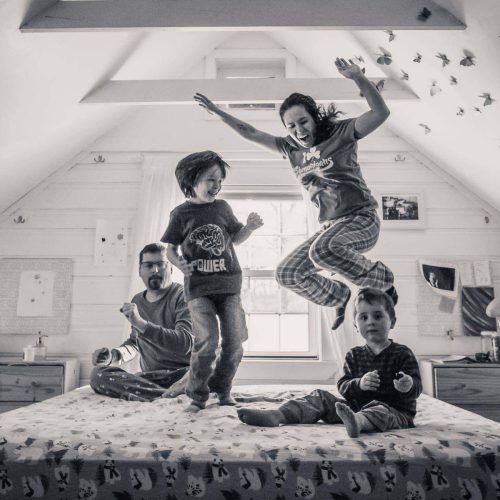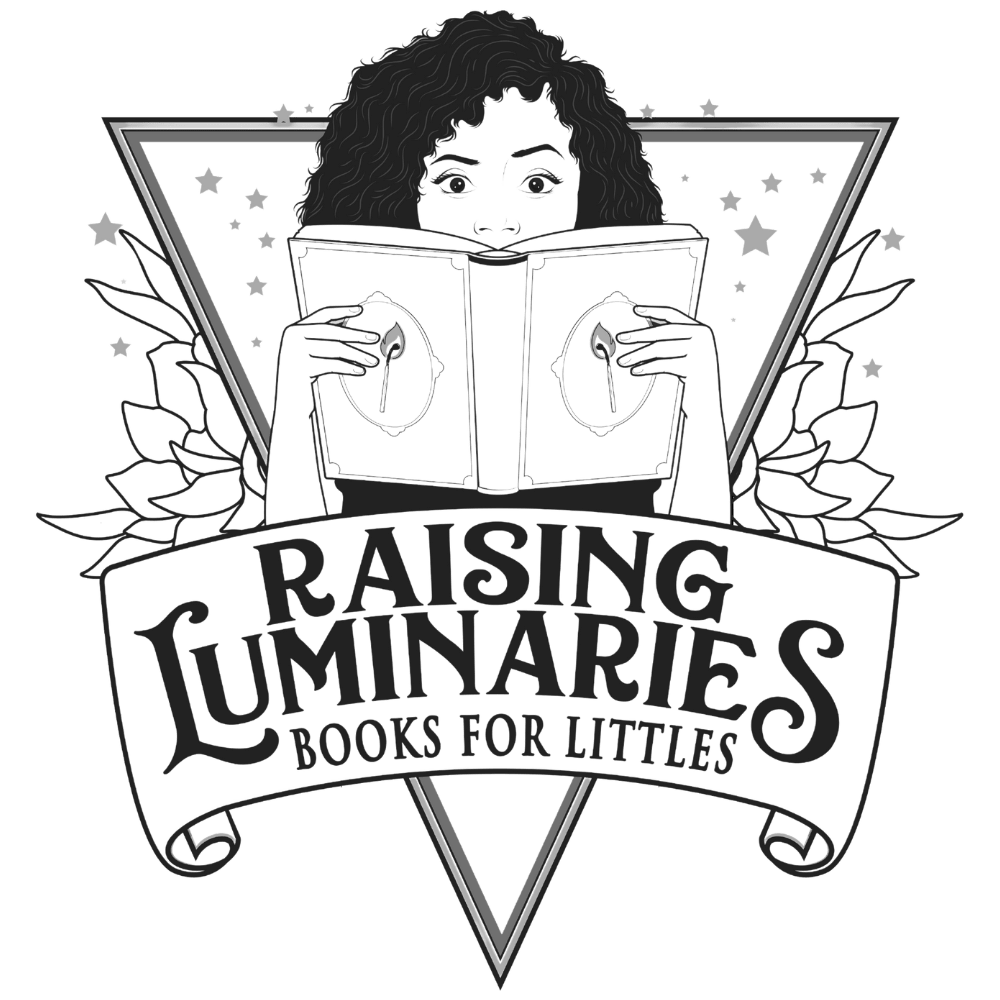Raising Luminaries & Books for Littles are free and accessible for readers who can’t afford a paywall. Posts may contain affiliate links, which allow me to earn a commission at no extra cost to you. Check out the full affiliate disclosure along with my statement of accountability.
Let’s Explore Indigenous Heritage & Culture Across Turtle Island
How can we, as settlers, be in community with Indigenous people, and care for each other? How can we dismantle the colonist idea of ‘care’ (saviorism, heroics, keeping the spotlight on one person with mighty boostraps) and decolonize our habits on care practices?
If you’re new to learning about Indigenous rights and concepts, this might feel redundant, so quickly to sort things out:
- In October we highlight Indigenous people for Indigenous People’s Day, while dismantling the celebration of Columbus.
- For Indigenous Day of Mourning (November) we discuss colonist propaganda and mourn together the impact and generational trauma of genocide.
- Discussing a targeted group primarily through the lens of perpetual victimhood and survial is problematic (it’s also a drag.) So throughout November we turn inward and connect the Earthquakes with their Indigenous heritage. We focus the rest of the year on learning about the traditional people of the land we call home (that would be the Wampanoag and Massachusett people for us). While we don’t gloss over or hide the genocide and traumatic bits, we take this opportunity to spend most of our learning on culture, modernity, connection with Indigenous community, how to be accomplices in advocacy, and Indigenous futures.
So this is the month (aside from Indigenous day of Mourning) to focus on Indigenous agency: pride, joy, accomplishment, and futures.
While we learn about their ancestors and cousins’ culture, we also discuss why inheriting Anishinaabe blood or reserved land in Minnesota they’ve never seen is not the same as holding a cultural or political Anishinaabe nationality or identity. We also discuss how US policies, by design, cut them off from their ancestral cultures, and how to use our settler privilege to support Anishinaabe relations fighting for truth and reconciliation today. I’m gonna ask you to join me on that below.
For families without Indigenous heritage to explore, find out Whose Land / Native Land you’re on, and learn how you can support Indigenous people local to you in reclaiming their culture, protecting their connection to the land and water, and protecting Indigenous sovereignty.
Read:
- The People Shall Continue (ages 6+)
- Go Show The World (ages 5-9)
- Swift Fox All Along (ages 4+)
Watch
- Spirit Rangers (TV show, ages 3-7), streaming on Netflix
- Pachamama (movie, ages 6+), currently streaming on Netflix
Luminary Braintrust Members, find the #FamilyMovieNight review here.
Discuss:
- Do we know why our ancestors family indigenous to? If not – why?
- Grownups: Read Dear Qallunaat & 100 Ways to Support (Not Appropriate From) Native People. Pick some takeaways can you discuss with your kids.
- Visit and explore the interactive Line 3 maps with your kids.
- Ask: Why is land taken without consent for oil pipelines and highways often (always?) directed through land stewarded by Indigenous, immigrant, and Black and brown communities?
- Discuss the impact a pipeline leak would have near your home, upriver of your water sources, or in parts of the country and ocean where the ingredients for your dinners are harvested.
Take Action:
- 5-Second Petition: Protect the Indian Child Welfare Act
- Sign this statement of opposition to Line 3, a tar sands oil pipeline violating Anishinaabe land rights in Minnesota and endangering the people who rely on this land and water to survive.
- Buy Native for the holidays
Additional resources to dig deeper:
- Children’s Books by Indigenous Authors
- Fighting Oil Pipelines & following Indigenous Calls To Action with ‘We Are Water Protectors’
- Letter Template – Dear Teacher: Oregon Trail Is Some Bullshit – Here Is An Alternative.
- Understanding & talking about #MMIWG with kids (Missing & Murdered Indigenous Women & Girls)
- Learning about Residential Schools & #OrangeShirtDay






